The Best Companion Plants For Squash
The Best Companion Plants for Squash
Squash is a delicious and versatile vegetable that can be enjoyed in many different ways. But did you know that there are certain plants that can actually help your squash plants grow better? That's right, companion planting is a great way to improve the health and productivity of your garden.
In this blog post, we'll discuss the best companion plants for squash. We'll also cover some of the benefits of companion planting, and how to choose the right plants for your garden.
What is Companion Planting?
Companion planting is a gardening technique that involves planting certain plants together to benefit each other. Some plants attract beneficial insects, while others help to repel pests. Some plants even improve the soil quality, or help to shade sensitive plants.
There are many different companion planting combinations, but some of the best plants to grow with squash include:
- Beans: Beans are nitrogen-fixing plants, which means they can help to improve the soil quality for your squash plants. They also attract beneficial insects, such as ladybugs and lacewings.

- Corn: Corn provides shade for squash plants, and it also helps to attract pollinators. The Three Sisters method is a traditional Native American method of companion planting that involves planting corn, beans, and squash together.

- Dill: Dill attracts beneficial insects, such as ladybugs and lacewings, which help to control pests. It also helps to repel squash borers, a common pest of squash plants.
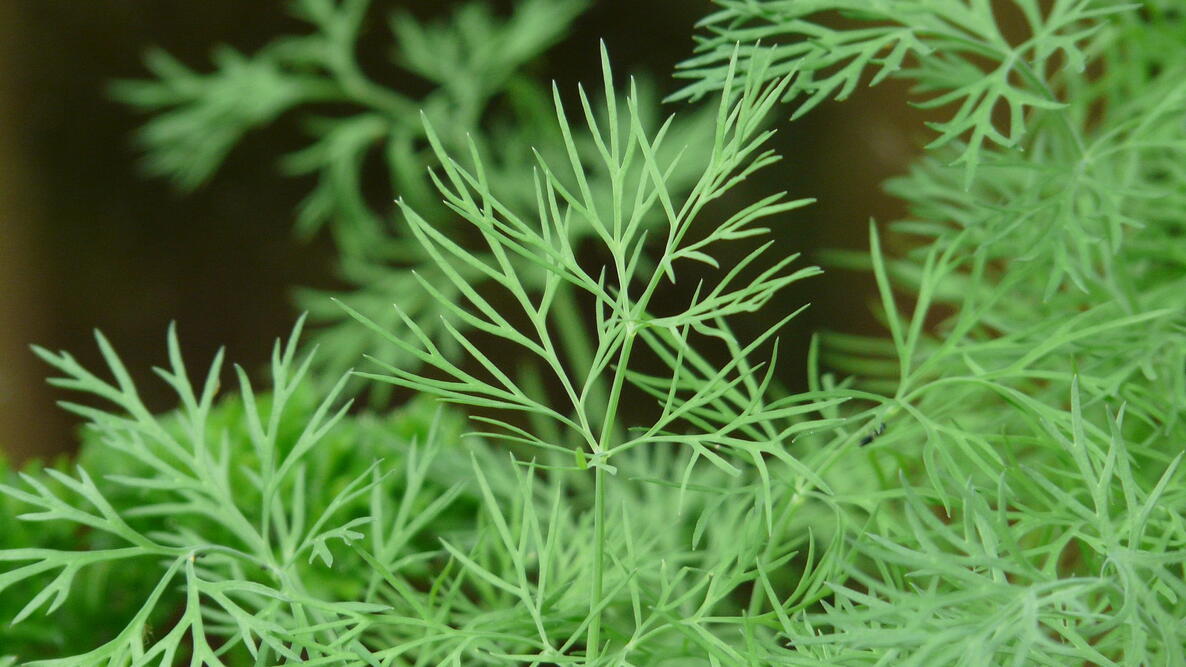
- Marigolds: Marigolds are another great plant for attracting beneficial insects. They also help to repel pests, such as mosquitoes and aphids.
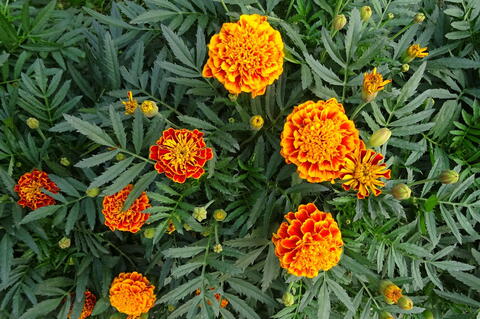
- Nasturtiums: Nasturtiums are a bit of a different companion plant in that they actually attract pests. However, these pests are actually beneficial to squash plants, as they help to control aphids and other pests.

- Peas: Peas are another nitrogen-fixing plant, and they also help to attract beneficial insects. They can be grown in the same way as beans, or they can be grown up a trellis along with squash plants.
- Sunflowers: Sunflowers provide shade for squash plants, and they also help to attract pollinators. They can also be used as a trellis for vining squash plants.
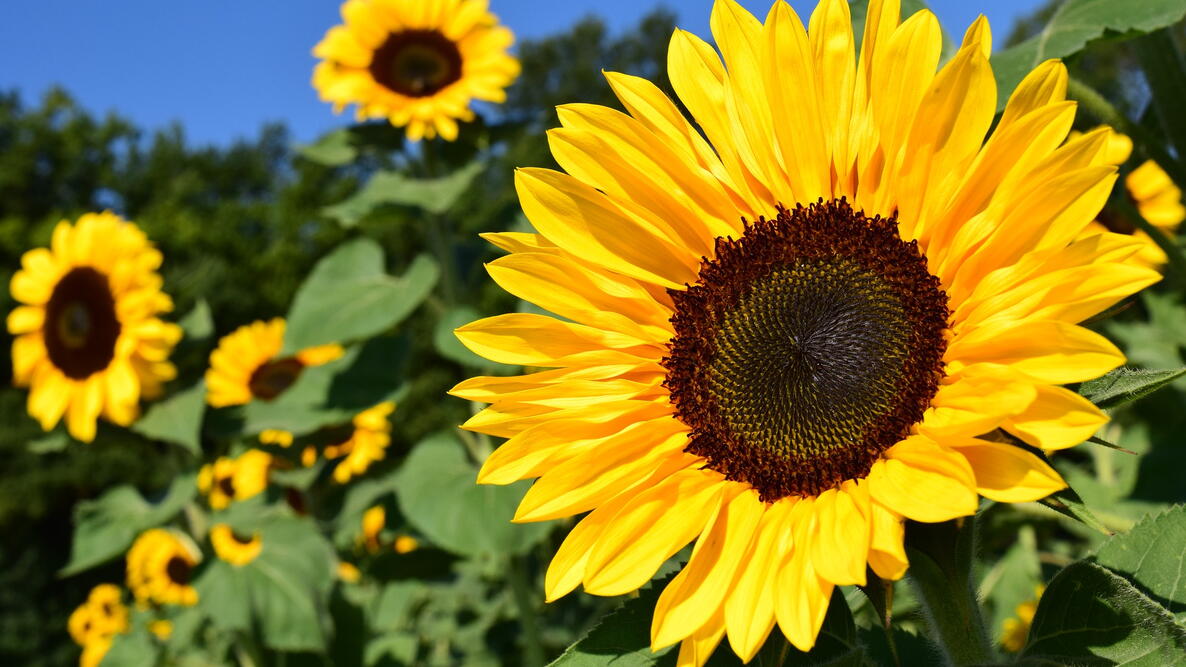
Benefits of Companion Planting
There are many benefits to companion planting, including:
- Improved plant health: Companion plants can help to deter pests and diseases, which can lead to healthier plants.
- Increased yields: Companion plants can help to improve the pollination of your squash plants, which can lead to increased yields.
- Improved soil quality: Some companion plants, such as beans and peas, are nitrogen-fixing plants. This means that they can help to improve the nitrogen levels in the soil, which can benefit all of your plants.
- Attraction of beneficial insects: Companion plants can attract beneficial insects, such as ladybugs and lacewings. These insects help to control pests, which can protect your plants from damage.
How to Choose Companion Plants
When choosing companion plants for squash, there are a few things to keep in mind:
- Plants with similar needs: Choose plants that have similar water and sunlight requirements. This will help to ensure that all of your plants are getting the resources they need to thrive.
- Plants that benefit each other: Choose plants that will benefit each other in some way. For example, beans and peas are nitrogen-fixing plants, which can help to improve the soil quality for your squash plants.
- Plants that deter pests: Choose plants that will deter pests from your squash plants. For example, marigolds and nasturtiums attract beneficial insects that help to control pests.
Conclusion
Companion planting is a great way to improve the health and productivity of your garden. By planting the right plants together, you can help to deter pests, improve pollination, and improve the soil quality.
If you're looking for ways to improve your squash harvest, companion planting is a great place to start. So get out there and start planting!
Squash is a delicious and versatile vegetable that can be enjoyed in many different ways. But did you know that there are certain companion plants that can help your squash plants thrive?
Some of the best companion plants for squash include:
- Beans: Beans are nitrogen-fixing plants, which means they can help to improve the soil quality for your squash plants.
- Corn: Corn provides shade for squash plants, which can help to protect them from the sun and pests.
- Lettuce: Lettuce is a low-maintenance plant that can help to suppress weeds in your squash garden.
- Marigolds: Marigolds help to repel pests, such as squash bugs and nematodes.
- Nasturtiums: Nasturtiums attract beneficial insects, such as ladybugs and lacewings, which can help to control pests.
For more information about companion planting with squash, visit Home Gardening.
FAQ of companion plants with squash
What are the best companion plants for squash?
Some of the best companion plants for squash include:
- Beans: Beans are nitrogen-fixing plants, which means they can help to improve the soil quality for your squash plants. They also help to suppress weeds and attract beneficial insects.
- Corn: Corn provides shade and windbreaks for squash plants, and it also helps to attract pollinators.
- Radishes: Radishes deter squash vine borers, which are a common pest of squash plants.
- Dill: Dill attracts beneficial insects that help to control pests, and it also improves the flavor of squash.
- Marigolds: Marigolds repel nematodes, which are another common pest of squash plants.
- Nasturtiums: Nasturtiums deter pests and attract pollinators.
What plants should I avoid planting near squash?
Some plants that you should avoid planting near squash include:
- Melons: Melons are heavy feeders and can compete with squash plants for nutrients.
- Beets: Beets have aggressive root systems that can disrupt the roots of squash plants.
- Potatoes: Potatoes are susceptible to the same pests and diseases as squash plants, so planting them together can increase the risk of infection.
How do companion plants benefit squash plants?
Companion plants can benefit squash plants in a number of ways, including:
- Attracting beneficial insects: Some companion plants, such as marigolds and nasturtiums, attract beneficial insects that help to control pests.
- Improving soil quality: Nitrogen-fixing plants, such as beans, can help to improve the soil quality for squash plants.
- Suppressing weeds: Some companion plants, such as marigolds and nasturtiums, help to suppress weeds.
- Providing shade and windbreaks: Tall companion plants, such as corn, can provide shade and windbreaks for squash plants.
- Improving pollination: Some companion plants, such as dill, can attract pollinators, which helps to improve pollination of squash plants.
How do I choose the right companion plants for my squash plants?
When choosing companion plants for your squash plants, it is important to consider the following factors:
- The needs of your squash plants: Squash plants need full sun, well-drained soil, and regular watering. When choosing companion plants, make sure that they have similar growing requirements.
- The pests and diseases that are common in your area: If you have a problem with pests or diseases in your garden, choose companion plants that can help to control them.
- The space you have available: Squash plants can take up a lot of space, so make sure that you choose companion plants that will not compete for space.
What are some other benefits of companion planting?
In addition to the benefits listed above, companion planting can also:
- Increase crop yields: Companion planting can help to increase crop yields by attracting beneficial insects, suppressing weeds, and improving pollination.
- Reduce the need for pesticides: By attracting beneficial insects and suppressing pests, companion planting can help to reduce the need for pesticides.
- Improve soil health: Companion planting can help to improve soil health by increasing the diversity of plants in the garden and by providing cover for beneficial insects.
Image of companion plants with squash
- Corn: Corn is a classic companion plant for squash, and it is one of the three sisters in the traditional Native American planting method. Corn provides shade for the squash plants, while the squash helps to suppress weeds.
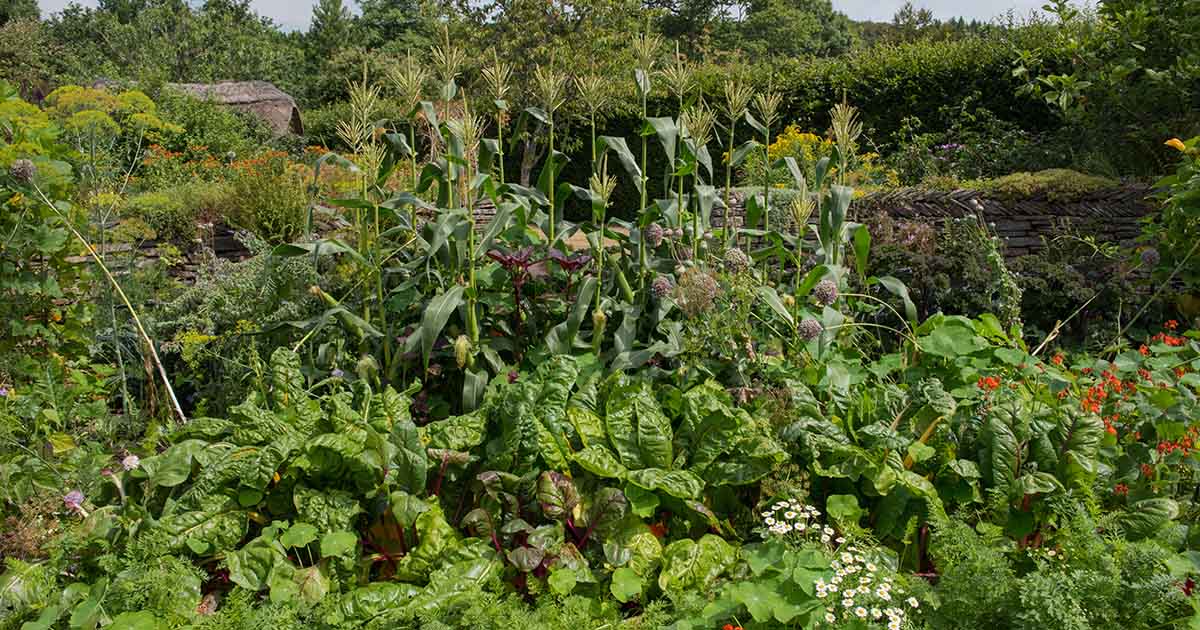
- Beans: Beans are another great companion plant for squash, and they are also one of the three sisters. Beans fix nitrogen in the soil, which benefits the squash plants.
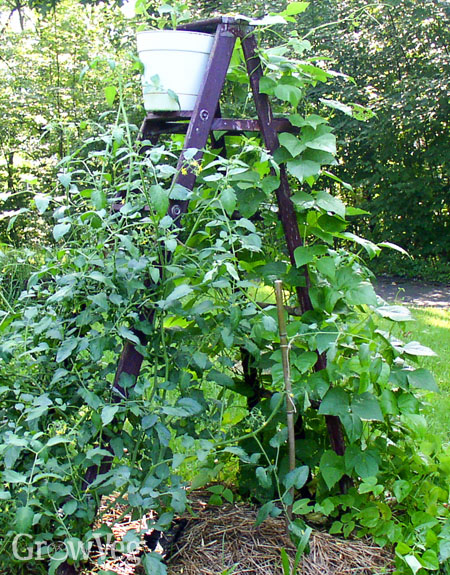
- Sunflowers: Sunflowers are tall plants that provide shade for squash plants, and they also help to attract pollinators.

- Marigolds: Marigolds help to repel pests from squash plants, and they also add a splash of color to the garden.
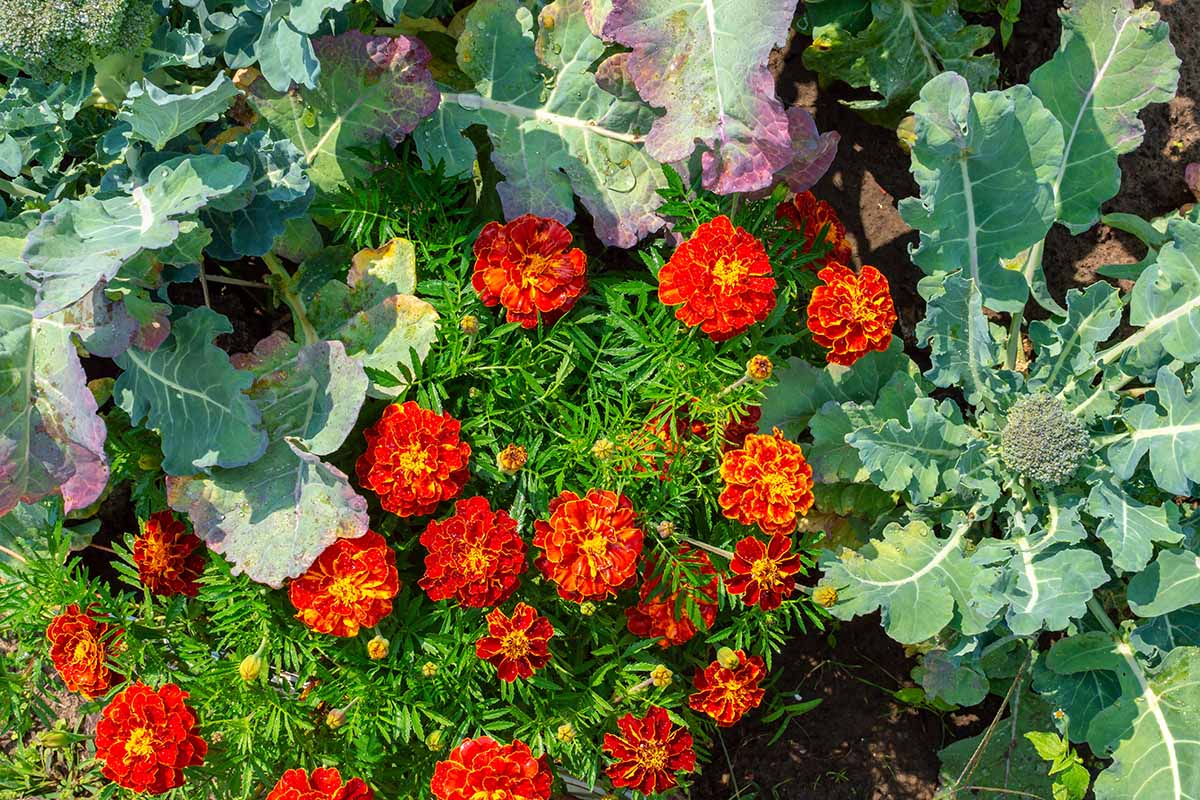
- Dill: Dill attracts beneficial insects that help to control pests, and it also adds flavor to squash dishes.
- Nasturtiums: Nasturtiums help to deter pests from squash plants, and they also add a pop of color to the garden.

- Peas: Peas are nitrogen-fixing plants that benefit squash plants, and they also help to suppress weeds.
- Radishes: Radishes help to deter pests from squash plants, and they also mature quickly, so they can be planted in the same space as squash plants.
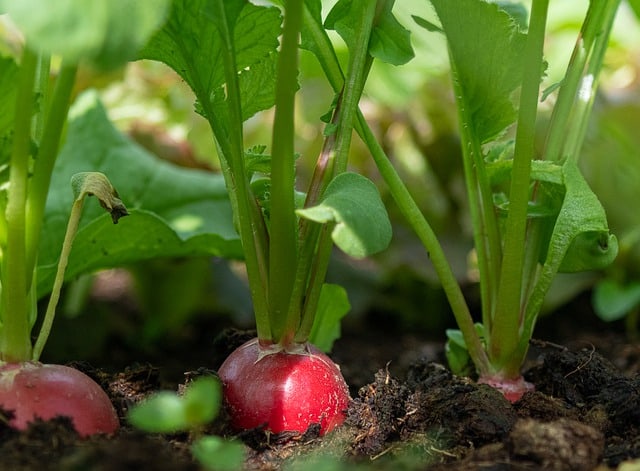
- Cucumbers: Cucumbers are related to squash, so they are a good companion plant. They both like full sun and moist soil, and they can be trained to grow on the same trellis.
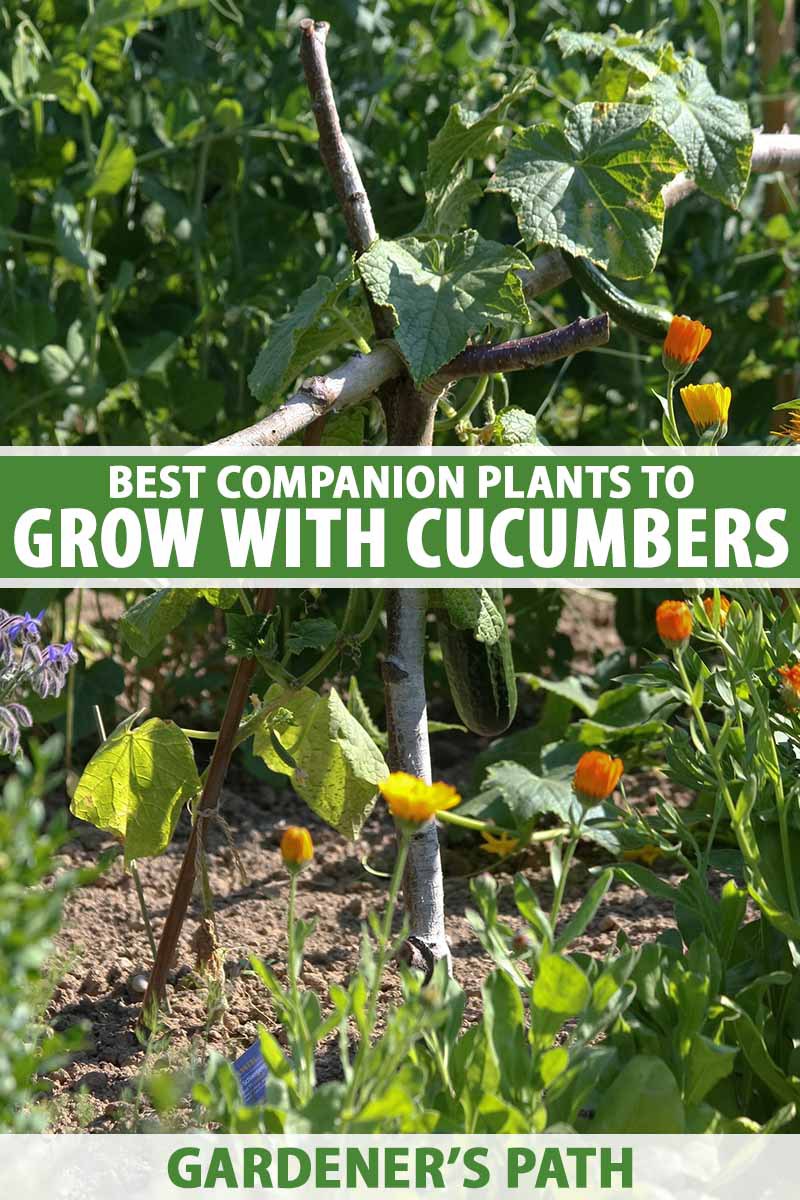
Post a Comment for "The Best Companion Plants For Squash"